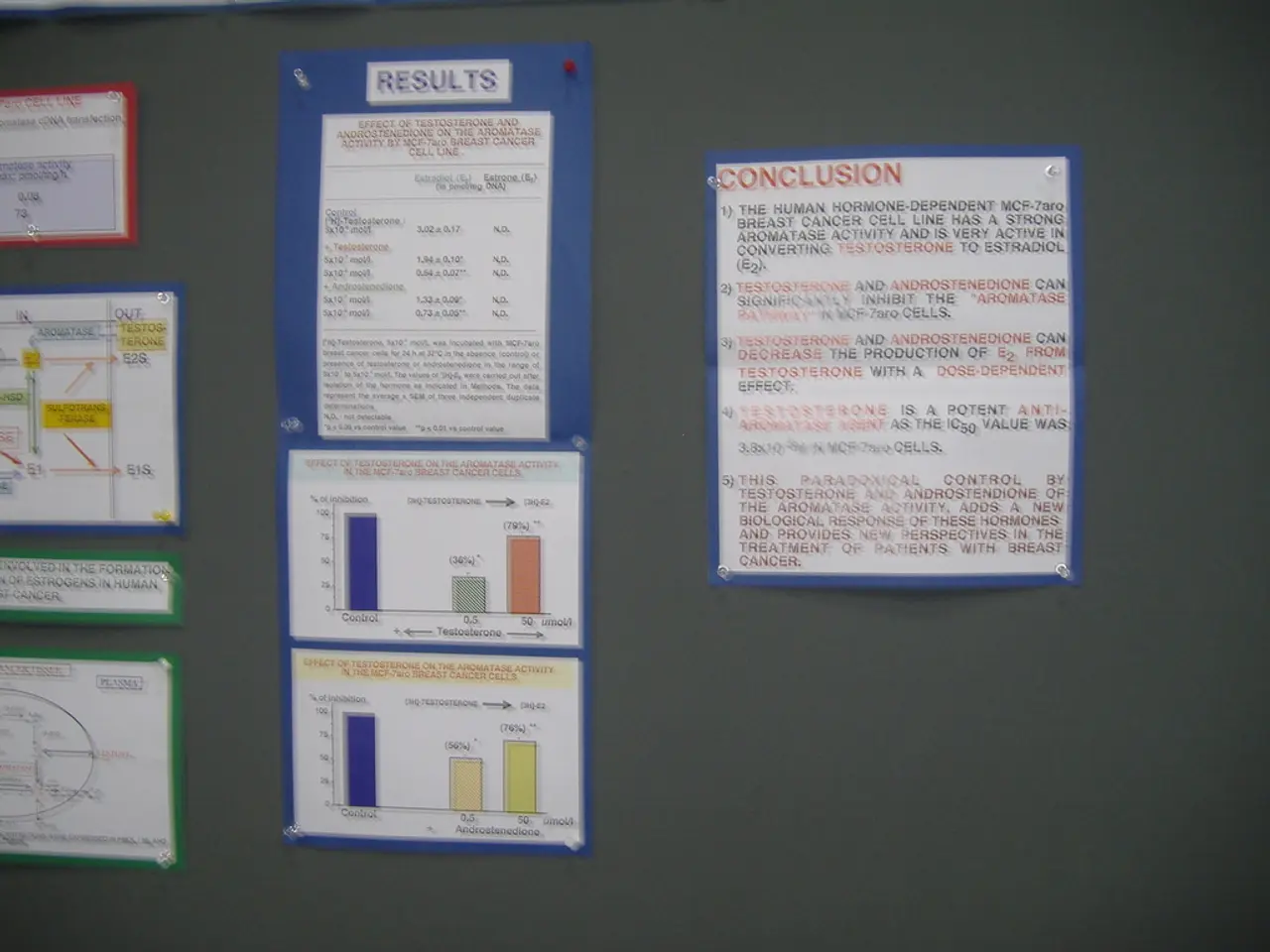Workers' Protection Proposal for Ionizing Radiation Risks Sought by Commission
German Court Reinforces Employer's Right to Question Sickness Certificates
In a landmark ruling, the Regional Labour Court of Chemnitz has upheld an employer's right to question the authenticity of sickness certificates, setting a potential precedent for similar cases in the future. The decision came in a case involving an employed architect who attempted to negotiate a mutual termination of his employment.
The court noted several inconsistencies in the series of sickness certificates submitted by the architect. The certificates coincided with the failed settlement agreement, the retroactive sickness certificate, and the perfectly timed certificates until the end of the notice period. The court also pointed out inconsistent diagnoses and insufficient backdating of the first certificate without a plausible explanation.
The court's ruling emphasizes the importance of employees providing sufficient proof of their inability to work when there are doubts about their sickness certificates. It adds that if there are legitimate doubts about the certificates, employees must present their specific concerns.
In this case, the architect's strategy of calling in sick and submitting retroactive sickness certificates did not prevent the employer from refusing to continue paying the salary. He followed up with two more sickness certificates to cover the period until the end of his notice period, but to no avail.
The court found the evidence value of the submitted sickness certificates questionable and ruled in favor of the employer. The Association of Labour Law of the German Bar Association has taken note of this decision and highlighted its implications.
When the legitimacy of a sickness certificate is in doubt, employers are legally entitled to request additional evidence or an independent medical check, typically involving a company or external doctor. Any such investigations must comply with occupational health laws and employee privacy rights. Employers must follow statutory data protection and medical confidentiality laws when dealing with health information and evidence requests.
If fraudulent sick leave use is confirmed, employers may take disciplinary or termination measures supported by substantive proof. However, the employer cannot just arbitrarily demand proof; there are legal limits and requirements for handling suspicious sickness certificates.
This ruling serves as a reminder to employees to ensure the authenticity of their sickness certificates and to provide sufficient proof of their inability to work. For employers, it reinforces the right to question the legitimacy of sickness certificates and to take appropriate action when necessary.
- In light of the court's decision, employers might consider implementing workplace-wellness programs that focus on mental-health, promoting health-and-wellness therapies-and-treatments to address underlying issues that could potentially lead to questionable sickness certificates.
- The court's ruling emphasizes the importance of constructive dialogue between employers and employees in cases of sickness absences, encouraging the use of science-backed mental-health resources to foster understanding and support.
- To maintain a healthy working environment and address concerns about mental-health, companies should actively promote employer-provided mental-health support services, fostering employee well-being and ensuring the authenticity of sickness certificates.




